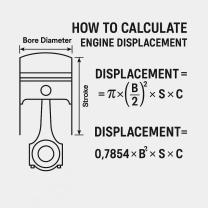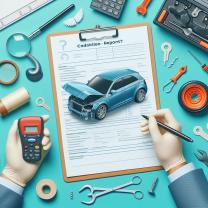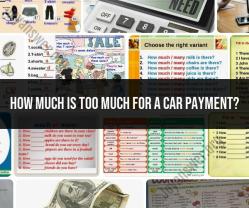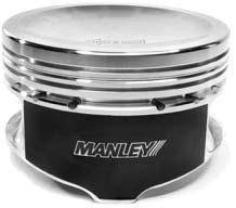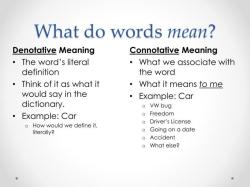Should you purchase a new or used car?
The decision to purchase a new or used car depends on several factors, and there is no one-size-fits-all answer. It largely depends on your individual needs, preferences, and financial situation. Here are some considerations to help you decide:
Advantages of Buying a New Car:
Warranty: New cars typically come with a manufacturer's warranty, providing peace of mind for repairs and maintenance for the first few years.
Reliability: New cars are less likely to have mechanical problems, which means you can expect a more trouble-free experience.
Latest Features: New cars often feature the latest safety, technology, and comfort features.
Fuel Efficiency: Newer models may have more fuel-efficient engines, potentially saving you money on gas.
Resale Value: New cars depreciate slower in the early years, which could result in a higher resale value down the line.
Disadvantages of Buying a New Car:
Higher Cost: New cars are more expensive upfront due to depreciation and higher insurance costs.
Depreciation: New cars can lose a significant portion of their value in the first few years, which means you lose money when you resell.
Advantages of Buying a Used Car:
Lower Cost: Used cars are more affordable upfront, making it easier to find a vehicle that fits your budget.
Depreciation: Used cars have already experienced the most significant depreciation, which means you'll lose less money due to value depreciation.
Variety: You have a wider range of choices when buying used, including older models that may not be available as new cars.
Disadvantages of Buying a Used Car:
Uncertain History: Used cars may have an unknown maintenance and accident history, which can lead to unexpected repairs.
Limited Warranty: You may have less warranty coverage, or it may have expired, so you're responsible for repairs.
Potentially Higher Maintenance Costs: Older cars may require more frequent maintenance and repairs.
Ultimately, the choice between a new or used car depends on your budget, your willingness to accept some level of uncertainty with a used vehicle, and your specific needs and preferences. Many people find that a certified pre-owned (CPO) car, which is a used vehicle that has been inspected and refurbished by the manufacturer, offers a good balance between cost savings and reliability. It's essential to research and thoroughly inspect any used car you're considering and, if possible, have a trusted mechanic evaluate it before making a purchase.
New vs. Used Cars: Making the Right Choice
When deciding whether to buy a new or used car, there are a number of factors to consider, including your budget, needs, and preferences.
Pros and Cons of Buying a New Car
Pros:
- New cars come with a warranty, which can give you peace of mind in case of any problems.
- New cars have the latest features and technology.
- New cars are typically more reliable than used cars.
Cons:
- New cars are more expensive than used cars.
- New cars depreciate in value quickly, so you may lose a lot of money if you sell it within a few years.
- New cars often have higher insurance rates than used cars.
Advantages and Disadvantages of Purchasing a Used Car
Advantages:
- Used cars are less expensive than new cars.
- Used cars depreciate less quickly than new cars, so you may not lose as much money if you sell it within a few years.
- Used cars often have lower insurance rates than new cars.
Disadvantages:
- Used cars may not come with a warranty.
- Used cars may not have the latest features and technology.
- Used cars may be less reliable than new cars.
Factors to Consider When Deciding New or Used
When deciding whether to buy a new or used car, there are a number of factors to consider, including:
- Budget: New cars are more expensive than used cars, so you need to set a budget before you start shopping.
- Needs: What do you need your car for? If you need a car for commuting to work, you may want to consider a fuel-efficient model. If you need a car for towing or hauling cargo, you may want to consider a pickup truck or SUV.
- Preferences: What kind of car do you want to drive? Do you want a car with the latest features and technology? Do you want a car that is fuel-efficient or reliable?
Tips for Making the Best Car Purchase Decision
Here are some tips for making the best car purchase decision:
- Do your research: Before you start shopping for a car, do your research to learn about different models and their features. You can read reviews online or talk to friends and family members who have recently purchased a car.
- Get pre-approved for a loan: This will give you an idea of how much you can afford to spend on a car.
- Shop around: Don't just buy the first car you see. Shop around and compare prices from different dealerships.
- Take a test drive: Before you buy a car, take it for a test drive to make sure it is comfortable and handles well.
- Get the car inspected: If you are buying a used car, have it inspected by a mechanic before you buy it. This will help you identify any potential problems.
Ultimately, the decision of whether to buy a new or used car is a personal one. There is no right or wrong answer. The best car for you will depend on your budget, needs, and preferences.


